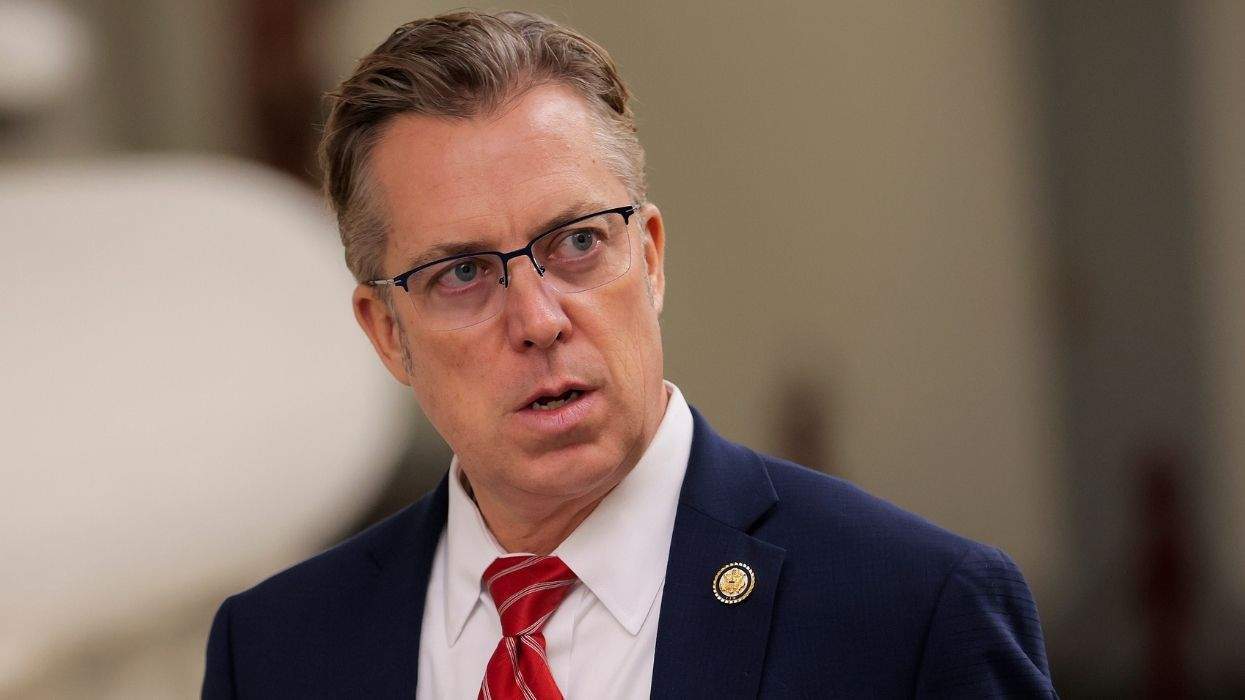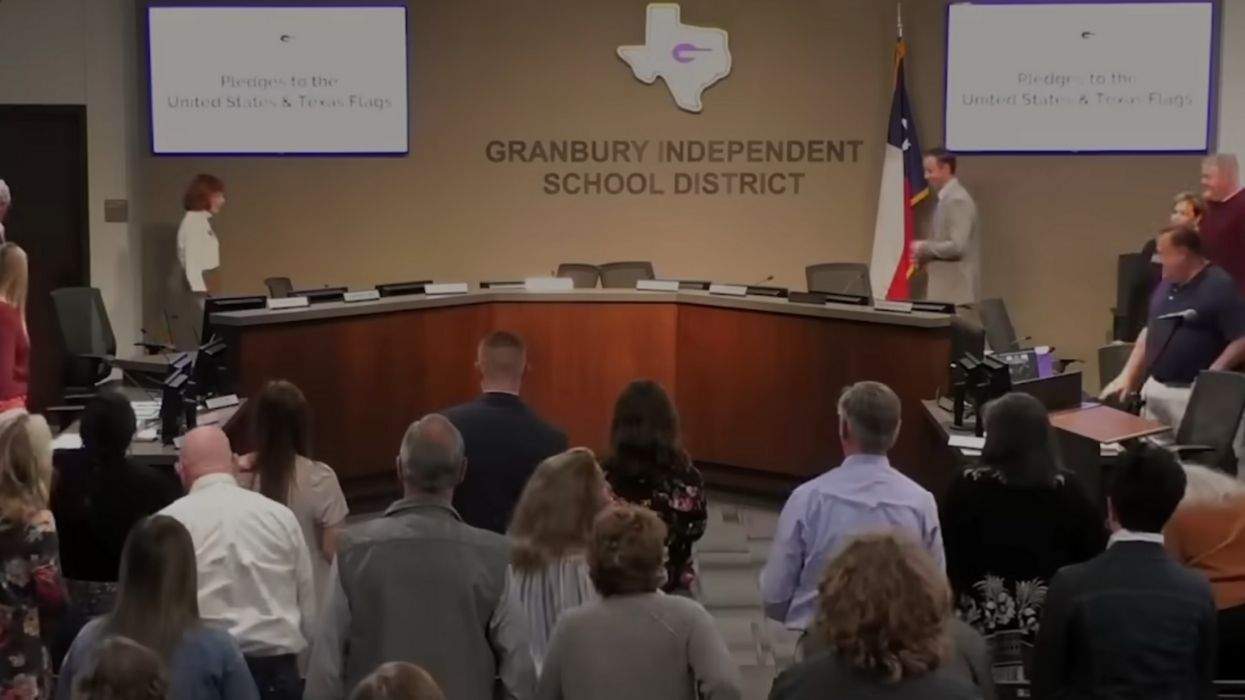The Supreme Court ruled 6-3 in the case of Mahmoud v. Taylor on Friday in favor of religious parents in a Maryland school district who sought an opt-out for their children from LGBTQ-themed books.
Related: Mahmoud v. Taylor: Everything to know about the Supreme Court case to ban LGBTQ+ books
Related: Supreme Court rules to save free access to PrEP and other preventive care
The Court determined that not allowing opt-outs violates the parents' freedom of religion, with Justice Samuel writing the majority opinion, and Justices Sonia Sotomayor, Elena Kagan, and Ketanji Brown Jackson dissenting.
"We have long recognized the rights of parents to direct 'the religious upbringing' of their children," Alito wrote. "And we have held that those rights are violated by government policies that substantially interfere with the religious development of children."
Mahmoud v. Taylor was brought by parents of varying faiths who have children in the Montgomery County Public Schools. When several LGBTQ-themed books were made available in classrooms in October 2022, parents were offered an opt-out.
However, it became difficult to accommodate the number of opt-outs, according to the school district, and school officials worried that students who are part of the LGBTQ+ community or have family members who are would be subjected to social stigma and isolation. The opt-out policy also put the district at risk of noncompliance with anti-discrimination laws, so the district ended the policy in 2023.
Parents sued to get the policy reinstated. Both a U.S. district court and an appeals court denied their request, so they appealed to the Supreme Court. The named plaintiff is Tamer Mahmoud, a Muslim parent with three children in the district, but several other Muslim and Christian parents are involved. The named defendant is Thomas W. Taylor, the Montgomery County superintendent of schools.
Sotomayor said in her dissent that the ruling "threatens the very essence of public education," as it "constitutionalizes a parental veto power over curricular choices long left to the democratic process and local administrators."
"That decision guts our free exercise precedent and strikes at the core premise of public schools: that children may come together to learn not the teachings of a particular faith, but a range of concepts and views that reflect our entire society," Sotomayor wrote. "Exposure to new ideas has always been a vital part of that project, until now. The reverberations of the Court’s error will be felt, I fear, for generations. Unable to condone that grave misjudgment, I dissent."
Keep up with the latest in LGBTQ+ news and politics. Sign up for The Advocate's email newsletter.
Advocacy groups have condemned the decision for threatening the separation of church and state. Kimberly Inez McGuire, executive director of URGE (Unite for Reproductive & Gender Equity) and a resident of Montgomery County, called the ruling “another attempt by extremists to control what young people read, what they watch, and, ultimately, how they live their lives.”
“This decision is another wolf in sheep’s clothing from a Court that has entirely lost the plot on the separation of church and state," McGuire said in a statement. "The objections of a few religious fundamentalists are being used to override school curriculum selected by an inclusive process driven by educators and experts. This ruling could allow the petty bigotries of any one parent to degrade the education available to all."
"Young people are often exposed to disinformation about sex, relationships, and reproductive health — whether from social media, peers, or unreliable sources. And basic science education is under attack," she continued. "Young people need fact-based information that empowers them to distinguish truth from fiction."
Others argue that the decision instead violates the religious freedom of other students and parents. Americans United for Separation of Church and State said that the ruling allows "a handful of vocal parents with anti-LGBTQ+ religious beliefs to dictate what is taught in public school classrooms – a violation of other students’ and families’ religious freedom."
"What’s next? Objecting to books featuring single moms? Demanding opt-outs from students learning about evolution? Objecting to LGBTQ+ teachers present in the classroom? LGBTQ+ students?" asked Rachel Laser, president and CEO. "We need a national recommitment to church-state separation; our public schools and our democracy depend on it.”
The Human Rights Campaign called out the censorship of LGBTQ+ themes in the classroom.
“Every child deserves to see themselves reflected in the stories they read and to be celebrated in their classrooms for who they truly are. This ruling not only tells LGBTQ+ students that they don’t belong, but that their experiences and existence are less worthy of respect," HRC president Kelley Robinson said in a statement. "In a country where LGBTQ+ youth already face disproportionate rates of bullying, homelessness, and mental health challenges, this ruling weaponizes religious freedom to further marginalize vulnerable students. It's wrong, it's dangerous and it’s cruel—plain and simple. As the LGBTQ+ community continues to navigate targeted attacks on inclusive education, we must do everything we can to ensure classrooms are welcoming for all—providing every student with the support and resources they need to thrive.”
This story has been updated with additional information.















Charlie Kirk DID say stoning gay people was the 'perfect law' — and these other heinous quotes
These are some of his worst comments about LGBTQ+ people made by Charlie Kirk.